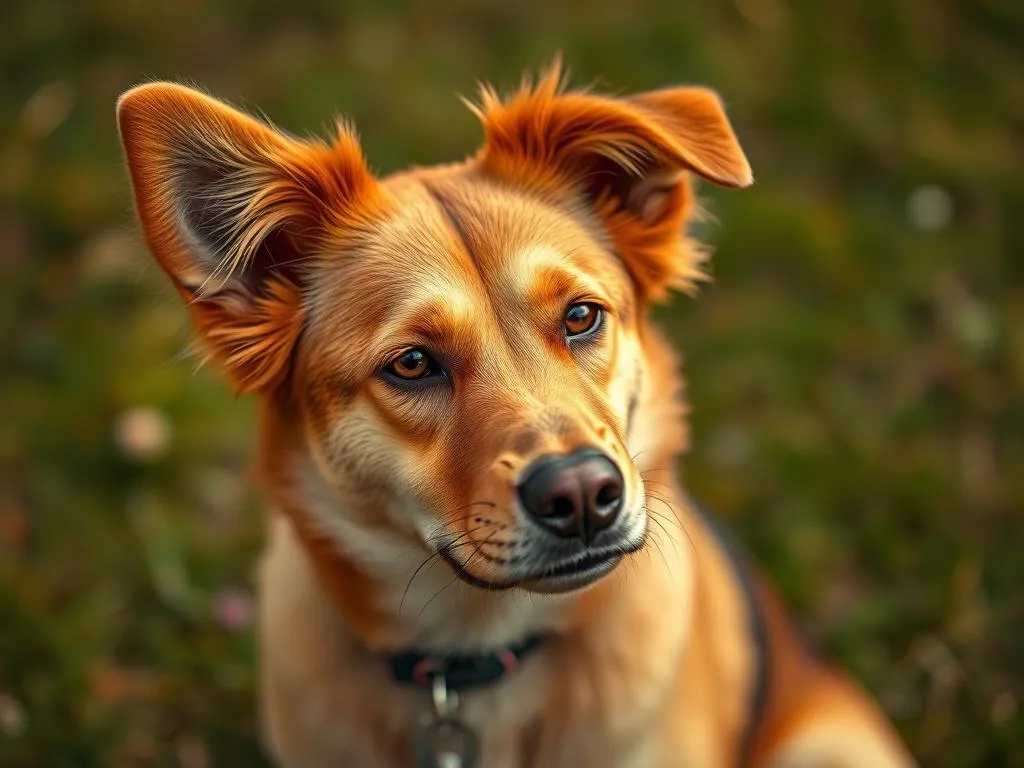
Introduction
Naming a pet is more than just a fun pastime; it’s a reflection of our values, culture, and even our personality. In the realm of pet ownership, historical dog names offer a unique avenue to connect with the past and imbue our furry companions with a sense of heritage. This article will explore the significance of these names, their origins, and how they can enrich the bond between humans and their pets.
Understanding the historical context of dog names can reveal fascinating insights into cultural heritage and personal values. As we delve into the world of historical dog names, you can expect to learn about their origins, notable examples throughout various eras, and tips on how to choose the perfect name for your canine companion.
The Significance of Dog Names
The Role of Names in Human-Animal Relationships
Names play a vital role in the bond between humans and their pets. A name is often the first word a dog learns, and it becomes a significant part of their identity. This connection is not just superficial; psychological studies have shown that the act of naming can enhance the perception of ownership and attachment. When a dog has a name, it strengthens the emotional bond between the pet and its owner, fostering a deeper relationship.
Trends in Pet Naming
In contemporary society, pet naming trends have evolved dramatically. Many pet owners opt for quirky or trendy names inspired by pop culture, food, or even memes. In contrast, historical dog names often reflect a more profound significance, rooted in tradition, culture, and history. Understanding these trends allows pet owners to appreciate the value of choosing a name that carries weight and meaning.
Origins of Historical Dog Names
Ancient Civilizations
The history of historical dog names can be traced back to ancient civilizations. In ancient Egypt, dogs were revered and often associated with the goddess Bastet. Names like “Anubis” and “Sirius” were popular, reflecting the importance of dogs in both domestic life and spiritual beliefs.
In ancient Greece, dogs were often named after heroic figures or gods. Names like “Hercules” and “Achilles” were common, symbolizing strength and loyalty. Similarly, in Rome, names such as “Caesar” and “Brutus” were favored, often reflecting the owner’s aspirations or status.
Cultural Influences
Different cultures have significantly influenced the naming of dogs throughout history. In Japan, for example, names like “Hachi” (meaning “eight”) became a symbol of loyalty due to the famous Akita dog who waited for his deceased owner for years. Similarly, the influence of historical events, such as wars or political changes, often led to shifts in naming trends. For instance, during the World Wars, names like “Winston” or “Churchill” gained popularity as a way to honor leaders and figures of resilience.
Famous Historical Figures and Their Dogs
Throughout history, notable figures have left an indelible mark on dog naming trends. Kings and queens often had royal pets with illustrious names. For instance, Queen Victoria was known for her love of dogs and had a spaniel named “Dash.” Her affection for her pets popularized various dog breeds and their names across England.
Celebrities have also set naming trends, with names like “Beethoven” and “Lassie” becoming synonymous with specific dog breeds. These relationships between historical figures and their dogs have influenced generations of pet owners in choosing historical dog names.
Popular Historical Dog Names by Era
Names from the Middle Ages
During the medieval period, dog names often reflected the social status and occupation of the owner. Names like “Knight” and “Lady” were common among nobles, while more practical names like “Hunter” or “Guard” were favored by commoners. Literature and folklore also played a role, with names inspired by legendary figures such as “Arthur” or “Guinevere.”
Renaissance to Enlightenment
The Renaissance brought about a shift in naming conventions, with a newfound appreciation for art, literature, and philosophy. Names like “Leonardo” (after Leonardo da Vinci) and “Dante” (after Dante Alighieri) began to surface, reflecting the cultural movements of the time. Dog owners sought to imbue their pets with a sense of sophistication, leading to a rise in names inspired by famous artists and thinkers.
19th and 20th Century Trends
The Victorian era saw a surge in pet ownership and a corresponding trend in naming. More elaborate names emerged, with aristocrats often naming their pets after royal figures or literary characters. Names like “Victoria,” “Napoleon,” and “Darwin” became popular among the upper class.
As we moved into the 20th century, historical events such as the World Wars and the rise of technology influenced naming trends. Names like “FDR” (after Franklin D. Roosevelt) or “Einstein” gained traction, reflecting admiration for historical figures who shaped the world.
Choosing a Historical Dog Name
Factors to Consider
When selecting a historical dog name, several factors should be considered. Firstly, think about your personal connection to history and culture. A name that resonates with you can deepen the bond with your pet. Additionally, consider the name’s pronunciation and uniqueness. A name that is easy to say and stands out can be beneficial for training and socialization.
Resources for Researching Historical Names
Many resources are available for pet owners interested in historical dog names. Books about history, culture, and literature can provide inspiration. Online databases and genealogy websites can also assist in finding names with historical significance. When researching, ensure the authenticity of the name and its meaning to ensure it aligns with your values.
Case Studies of Historical Dog Names
Real-Life Examples
Many dog owners have chosen historical names for their pets, often sharing heartwarming stories behind their choices. For instance, one owner named her dog “Hemingway” after the renowned author, reflecting her love for literature. Another pet owner chose the name “Cleopatra” for her regal-looking pup, inspired by the powerful queen of Egypt. These stories highlight the personal connection that can develop through the choice of a historical dog name.
Social Media and Community Impact
The rise of social media platforms has significantly influenced the popularity of historical dog names. Many pet owners share their naming journeys online, creating communities around specific themes or eras. Platforms like Instagram and TikTok are filled with accounts dedicated to historical dog names, showcasing how these names resonate with others. Community challenges and trends often encourage pet owners to explore their heritage and share unique names.
Conclusion
Summary of Key Points
In conclusion, historical dog names offer a rich tapestry of cultural heritage and personal connection. From ancient civilizations to modern times, the evolution of dog names reflects significant historical events and social trends. Choosing a historical name for your pet can enhance the bond between you and your furry friend while honoring the past.
Final Thoughts
As you embark on the journey of pet ownership, consider the allure of historical names. They carry stories, emotions, and legacies that can enrich your experience as a pet owner. We invite you to share your experiences and the names you’ve chosen for your four-legged companions.
This blog post serves as a comprehensive guide to historical dog names, blending historical context with modern relevance, and encourages readers to explore the profound connections between their pets and the rich tapestry of human history.









